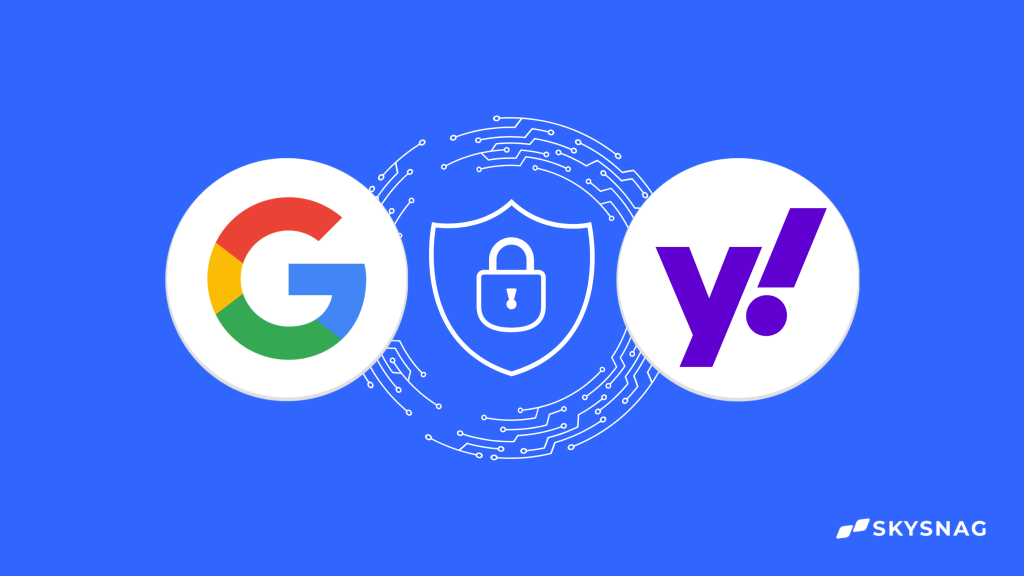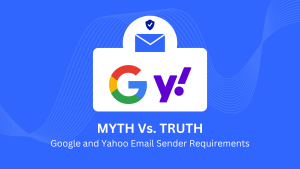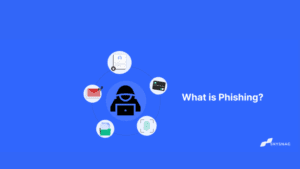Google and Yahoo New Email Requirements: What You Need to Know

Google and Yahoo are changing their email requirements. If you send emails to Gmail or Yahoo accounts, be aware that these updates will take effect by February 1, 2024. These changes could affect how well your emails get through. It’s crucial for businesses to know about these updates and prepare for them. Adapting quickly will help your emails keep reaching people smoothly, ensuring your business stays on track. Stay informed to maintain effective communication with your audience.
Mandatory Requirements for All Email Senders
Regardless of your email volume, certain practices are now essential:
Email Authentication: Implementing SPF (Sender Policy Framework) or DKIM (DomainKeys Identified Mail) is critical. This step is vital to prevent domain spoofing, where attackers pose as your organization in emails.
Low Spam Rates: Your spam rates must stay below 0.3%. High rates can lead to your emails being blocked or marked as spam, hindering your communication with customers.
Additional Requirements for High-Volume Senders (Over 5,000 Emails Daily):
If your business sends more than 5,000 emails a day, you’ll need to follow additional rules:
- Implement Both SPF and DKIM: These authentication methods are crucial for large-scale senders to ensure emails are recognized as legitimate.
- Enforce a DMARC Policy: DMARC (Domain-based Message Authentication, Reporting, and Conformance) helps in validating that emails genuinely come from your domain, offering an extra layer of security against spoofing.
- DMARC Alignment: The sending Envelope From domain matches the Header From domain or the DKIM domain aligns with the Header From domain in email authentication.
- Unsubscribe Options: Include a one-click unsubscribe option in your emails for better user experience and compliance.
Compliance Overview Table
| Requirements for Senders | <5,000 Emails/Day | >5,000 Emails/Day |
|---|---|---|
| Email Authentication | SPF or DKIM Required | SPF and DKIM Required |
| DNS Records | Valid Forward and Reverse | Valid Forward and Reverse |
| Spam Rate | Below 0.3% | Below 0.3% |
| Message Format | RFC 5322 Standard | RFC 5322 Standard |
| No Gmail Impersonation | Adherence Required | Adherence Required |
| Email Forwarding | Compliance Necessary | Compliance Necessary |
| DMARC Policy | Not Applicable | Required |
| Alignment | Not Applicable | ‘From’ Header Aligned with SPF/DKIM Domain |
| Unsubscribe Option | Not Applicable | One-click Unsubscribe for Subscribed Messages |
What happens if you miss the deadline
If the deadline is missed and your company heavily depends on email communication with customers, it could pose challenges. Failure to implement necessary email security measures may result in significant disruptions to message delivery for Gmail and Yahoo users. This is particularly crucial for companies sending a substantial volume of emails daily, as lacking SPF and DKIM or neglecting a DMARC policy may intensify the adverse impact on business operations.
Skysnag can help
In response to these requirements, we’re now offering a free Email Deliverability Assessment to identify gaps and provide a path forward, minimizing the impact of these changes on your business. Check your DMARC and SPF status with our Domain Scanner.
Skysnag is a leader in email authentication. We offer tools, resources, and expertise to assess your current status and guide you toward compliance with the new requirements.
Our solution includes access to experienced consultants who guide you through your DMARC journey, ensuring compliance with new requirements and protecting your brand. We cover Hosted SPF, BIMI, MTA-STS, and TLS-RPT to streamline your email authentication process. For transactional emails from applications or third-party partners, Skysnag ensures DKIM signing and helps achieve DMARC alignment quickly.






